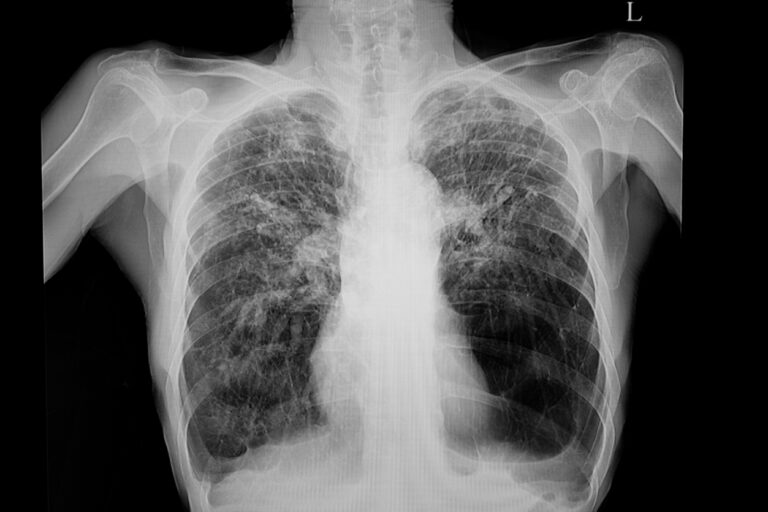Chemical plant workers: These professionals handle and process benzene as part of their job responsibilities. They may work in plants that produce petrochemicals, plastics, rubber, and other chemical products.
Refinery workers: Benzene is a component of crude oil and is commonly present in oil refineries. Workers involved in refining processes such as distillation, reforming and cracking may be exposed to benzene.
Railroaders and Railroad industry workers: Jobs on the railroad face a multitude of toxic exposures from chemicals to dust such as benzene, diesel exhaust, solvents, creosote, herbicides, silica dust, and asbestos dust.

Gasoline station workers: Those employed at gasoline stations may have occupational exposure to benzene due to the handling and storage of gasoline containing varying amounts of benzene.
Petrochemical industry workers: Professionals involved in the production of various petroleum-derived chemicals, such as styrene, ethylbenzene, and cyclohexane, may be exposed to benzene.
Rubber industry workers: Benzene is often used as a solvent in the production of rubber products, including tires, hoses, and conveyor belts. Workers involved in the manufacturing process may come in contact with benzene.
Painters: Some paints, primarily oil-based paints, may contain benzene. Painters who use such paints regularly may have inhalation exposure to benzene.
Industrial cleaners: Certain industrial cleaning agents may contain benzene, and industrial cleaners who use or handle these chemicals may be exposed to it.
Chemists and laboratory technicians: Professionals working in laboratories where benzene or benzene-containing compounds are used for research, testing, or analysis may be exposed to benzene during work activities.
Printing industry workers: Benzene is often used as a solvent in printing inks, especially in flexography and gravure printing. Printers who handle these inks may be exposed to benzene.
Welders: Benzene can be produced as a byproduct when welding various materials, especially those containing hydrocarbons. Welders who work with benzene-containing materials may be exposed to benzene through inhalation.
Firefighters: Benzene is released into the air during fires involving materials that contain it. Firefighters engaged in firefighting and rescue operations where such fires occur may be exposed to benzene.
Agricultural workers: Pesticides and herbicides may contain benzene or benzene-related compounds. Workers applying these chemicals or working in fields treated with them may be exposed to benzene.
Paint manufacturing workers: Benzene can be used as a solvent or a raw material in the production








